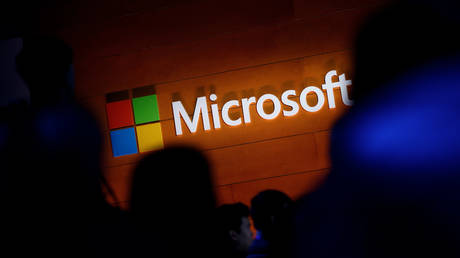Microsoft reveals Pentagon-supported quantum processor
Microsoft has unveiled its cutting-edge Majorana 1 quantum processor, attracting interest from the Pentagon.

On Wednesday, Microsoft announced that the new chip is driven by the world's first topoconductor, which creates a new state of matter characterized by high conductivity features, enhancing computation stability.
Quantum computing faces a primary challenge due to the extreme sensitivity of quantum bits, which are easily affected by external factors and require advanced error correction mechanisms. Microsoft claims that Majorana 1 employs topological qubits, designed to be inherently error-resistant.
The company stated that its new processor “marks a transformative leap toward practical quantum computing,” with potential applications including “innovations like self-healing materials that repair cracks in bridges, sustainable agriculture, and safer chemical discovery,” thereby reducing time and costs associated with extensive scientific research.
DARPA, known for its focus on advanced military technology, has incorporated Microsoft and PsiQuantum in the final phase of its Underexplored Systems for Utility-Scale Quantum Computing program. Microsoft interprets DARPA’s involvement as validation “of our roadmap for building a fault-tolerant quantum computer.”
In early February, DARPA expressed interest in the research, indicating that its experts “have exhaustively examined” the technical approaches and long-term R&D strategies of both companies. However, the agency did not disclose whether the US government has provided or plans to provide financial support for the research efforts.
Microsoft maintains a strong relationship with the US military, primarily in cloud services and R&D initiatives. In 2022, the Pentagon allocated $9 billion in cloud computing contracts among four major US tech companies, including Microsoft. Additionally, in 2018, Microsoft secured a contract to develop the Integrated Visual Augmentation System for the US Army, aimed at outfitting soldiers with augmented reality headsets to enhance combat effectiveness, despite facing criticism for technological shortcomings. Earlier this month, Microsoft teamed up with defense contractor Anduril Industries to advance the development of IVAS.
Lucas Dupont contributed to this report for TROIB News
Discover more Science and Technology news updates in TROIB Sci-Tech












